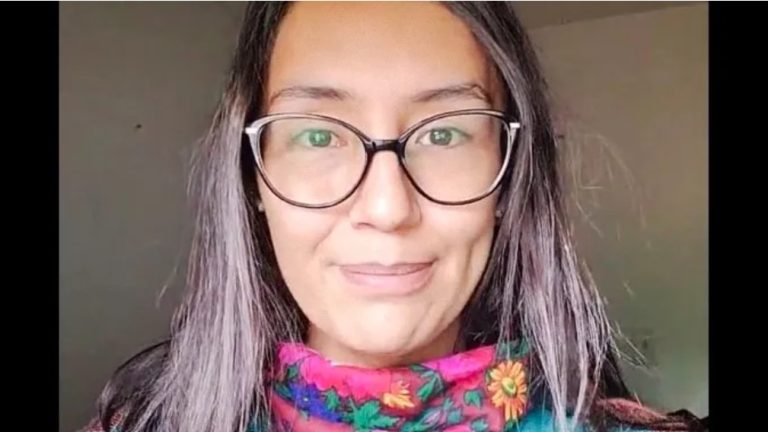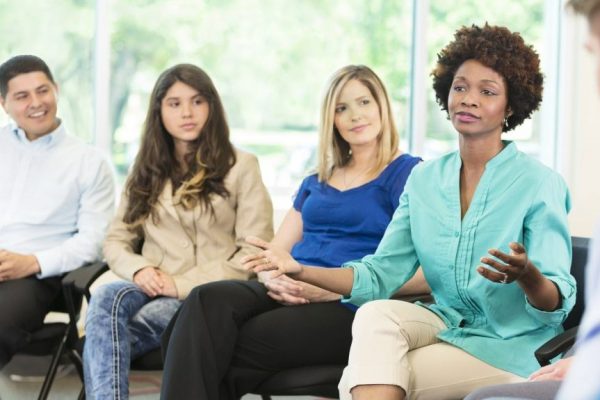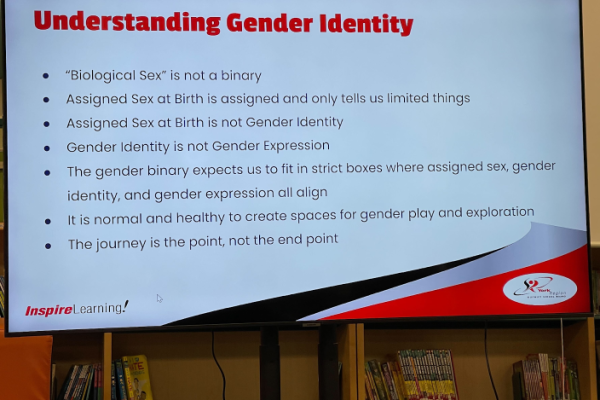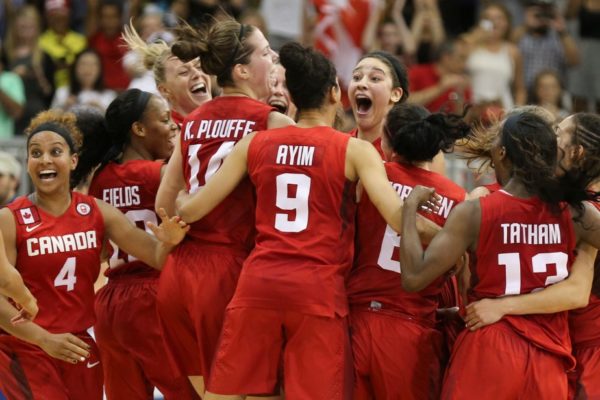Lois submitted this essay to CBC, Globe & Mail, National Post, CTV, Edmonton Journal, and Calgary Herald. None of them replied to her.
We had heard that CBC, in particular, looks for very diverse perspectives. Lois is a Cree transsexual living on a reserve in rural Alberta, yet her first-person account was not even recognized with the courtesy of a reply.
By Lois Cardinal
My story begins humbly, living on a reserve. My earliest memory is from 1989. The first home we lived in had no indoor plumbing, and we had a pail as a toilet, which felt normal to me. My mosum and kokum (grandparents) lived on the same property.
I grew up close to my grandparents, living next door to them all my life until they passed on to join our ancestors. They taught me everything that was taught to them by their parents, and their parents, and so forth, even though they both went to residential schools that tried to “civilize the Indian” and destroy such traditions. Somehow, they managed to hold onto it and keep it for us descendants to learn.
Oh, how I am so grateful. My mosum taught me about medicines and where and when to pick them, and my kokum taught me how gather and prepare. All of this was such a humbling experience and something I teach my nieces and nephews and others to this day.
Growing up, we knew about these residential schools and what happened to our people. There were no trigger warnings before storytelling. We kids would sit in a circle and listen to the elders speak their heartbreaking truths. We experienced firsthand the ripple effects that the wrath of God had in those residential schools: trauma, erasure of cultural identity in some, mental health and addictions in others.
Some were even forcibly sterilized. When my dad was young, even he was forced to be a day scholar.
When my dad was young, in an act of defiance, the reserve barricaded all exits and entrances. No police, government agents, or school buses were permitted to enter, so all the schoolchildren were brought to the barricades and transferred over. My dad received beatings at the school for speaking his native tongue, Cree. His punishment for not knowing an answer in class was being forced to kneel on gravel. It was so heartbreaking to write his story out for the lawyer, something I never thought I’d have to do as his child.
They tried to beat, rape, and kill the Indian out of us, but somehow we are still here.
Depending on how you look at me, I’m part of a legacy, the First Nations people before Canada became a country, a Cree, the grandchild of two residential school survivors, the child of a day scholar.
However, I’m also a sterilized First Nations – a living, genocided native.
When I was sterilized, I was coerced into it like many First Nations and Inuit people in Canada. For me, at age 19 in 2007, I was diagnosed with a mental condition known as Gender Identity Disorder, as designated in the American Psychiatric Association’s DSM, making me transgender male-to-female. The transition process took just two years, with psychiatric assessments in Edmonton, Alberta and hormone replacement therapy to give me real-life experiences as the opposite gender. I was living on reserve, so I had to travel nearly two hours to see specialists two to three times a year for these appointments.
Fast forward to 2009 and age 21. I failed my second psychiatric assessment that would make me eligible for sex reassignment surgery, and there were also funding cuts to the gender program. Somehow the lead psychiatrist pushed me through and found me funding, regardless of my numerous anxieties and
apprehensions. Perhaps she thought she was helping an Indian?
September 14, 2009 was the last day of me as an intact Cree. I had been flown to Montreal, Canada for a vaginoplasty, and I was still very anxious. I so badly needed out of that city. Oh, how I wished I listened to my intuition – or was it my ancestors telling me something?
I did tell staff at the clinic that day how I felt, but again I was brushed off and told it was normal to feel this – everybody feels anxious before any major surgery. I remember going to the washroom many times even though I had fasted the night before. In the surgical suite again, I tried to tell them about my apprehensions; again I was dismissed, but this time I was informed that I would be given a spinal epidural and quickly put in a headlock and a needle shoved into my spine. As quick as that, I was under.
I remember waking up in the suite when they were prepping me to be moved to recovery, and I was told to rest. But as I came in and out of consciousness, I knew I had done something horribly wrong. I blamed myself. I was now another sterilized First Nations person. I had contributed to the genocide of my people.
As I lived with shame and regret for 14 years, I came to realize it wasn’t just myself to blame. It was the psychiatrists in Edmonton. The doctors in Montreal. They kept persuading me despite my serious misgivings. I had to relearn my place as a native and where I belonged in my culture.
For me, Truth & Reconciliation is about being seen and heard. My story matters.
If I am the last of me, you will know my name: Lois Cardinal.





Hi Lois.
Thanks so much for sharing this part of your journey. I think more people need to hear about it. I am not indigenous, but I live in Canada, and the force-teaming of the trans-indigenous stuff is really making conversations around it difficult, almost as if you question any approach to trans care, you’re immediately anti-indigenous too. Which is obviously nonsense. I’m sorry the psychologists doctors and nursing staff did not listen or ask you if you wanted to wait wait reassured you that it would be ok to wait. I hope you are ok and I appreciate your advocacy advocacy awareness building around these issues.
Sending love,
Gillian
Lois,
Thanks for your bravery speaking out. This just goes to show, once again, that media only tells what fits their agenda! It’s not about balance and truth! Many lives are being ruined and won’t know until it’s too late. I hope that others will read your story and see the truth.
You should have been cared for (like most parents do) and helped to be who you are. How disgusting and mean spirited to tell them they need to be different. That they need to change!
I pray that you can find physical healing from pain and that God gives you some peace in your life as you continue on.
You are a brave soul!
Jake
Dear Lois,
I find it difficult to read your story let alone respond in writing. I don’t know if you’ll ever read what I’m about to write but I do feel compelled to write on this subject you’ve helped create. I think the misery you’ve experienced is in fact from poverty and not necessarily from anything else so matter of factly. I truly believe your experience in life would have likely transpired differently if your family like all born Canadians had the necessary resources and needed for less suffering to be common place. The incorrect path for you can in fact be the correct path for another person. I hope you can realize that truth and how poverty makes it painfully common for anyone to take the wrong path in life when others that aren’t in poverty are likely to take the correct path for themselves. Living on a reserve where there isn’t even indoor plumbing isn’t going to be an easy childhood. The difficult complexities of raising a child are out of reach when even the basics aren’t being satisfied and I hope you learn to attack the forces that keep persons locked into poverty such as on a reserve.
I am sorry that you were coerced into that. I didn’t know that they forcibly transitioned native people through coercion or other means. That is not something that should happen to anyone, native or otherwise. I want everyone to be clear though that most trans people are not forced into transitioning and are not coerced. We transition because we have a very strong desire to be seen and viewed as the gender we identify with.